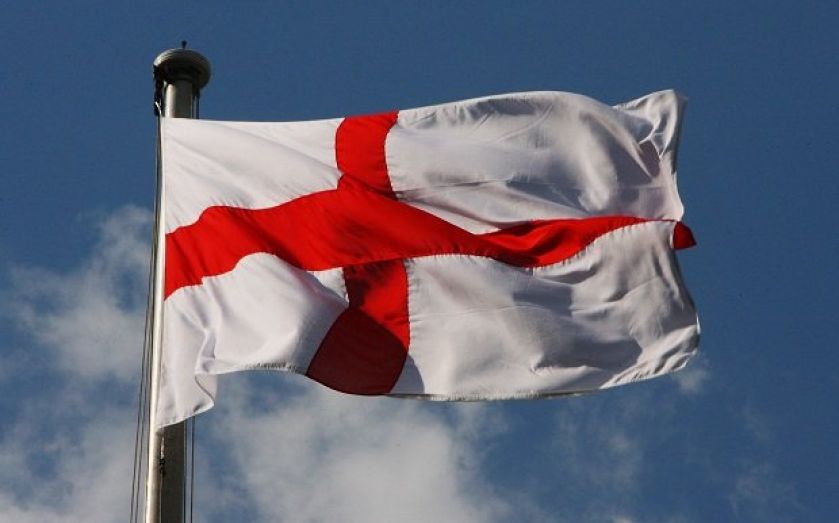William Hague outlines English votes for English laws: Here’s what you need to know

William Hague has outlined proposals for English votes for English laws (EVEL). Speaking to the House of Commons, Hague revealed his party's plans to put an end to the so-called West Lothian question that has divided opinion across the UK for decades.
Under the current system Scottish MPs have the right to vote on issues that affect only English voters while English MPs are denied the same rights as a result of the devolution settlement.
The inequality between MPs from different parts of the UK is as old as devolution itself and has been brought into sharper focus in the aftermath of the Scottish independence referendum.
As Scotland prepares to receive a raft of new powers promised by a panicked No campaign in the dying days of the referendum, English parliamentarians, primarily on the Tory benches, have been making the case for greater powers for England and an end to the practice of Scottish MPs voting on issues that only affect England.
The draft legislation will be ready by 25 January and is intended to give Wales and Northern Ireland a better deal. The Labour party has voiced strong opposition to the government's approach that could see it lose the votes of a host of Scottish MPs and make a functioning Labour government ever more difficult in a fractured political environment.
Hague told the House of Commons that the government has already devolved a significant amount of powers to local authorities in England. The Leader of the House of Commons said the West Lothian question was a great concern to all parties. The former Tory leader said it was a "fundamental issue of fairness". The Conservative party has made promises on EVEL in its last three general election manifestos.
He proceeded to tell the House that the Tories have three plans for EVEL, all of which are tougher than the suggestions in the McKay Commission report. The report supported a system where decisions affecting only England would "normally be taken only with the consent of a majority of MPs sitting for constituencies in England".
Hague outlined four plans:
- Scottish MPs would be banned from voting on English-only bills.
- English MPs vote on the amending stages of a bill.
- English MPs vote on English-only issues at the early stage of a bill's development and also hold a veto for the later stage.
- The Lib Dem proposal is to give English MPs a veto of bills that only affect England. English MPs would vote on a proportional basis.
The Labour party was unhappy with the proposals, with shadow justice secretary Sadiq Khan saying his party supported the McKay Commission. He asked Hague whether the government supported Labour's proposals for a more radical devolution of spending to English regions. Khan challenged Hague to show the Tory plans were more than a "backroom stitch-up".
Hague hit back replying that the previous Labour government hadn't devolved power to England's cities for its entire period in office. He added that the McKay Commission didn't go far enough because more devolution was going on. The self-styled champion of EVEL, John Redwood MP, said England wanted "simplicity and justice".